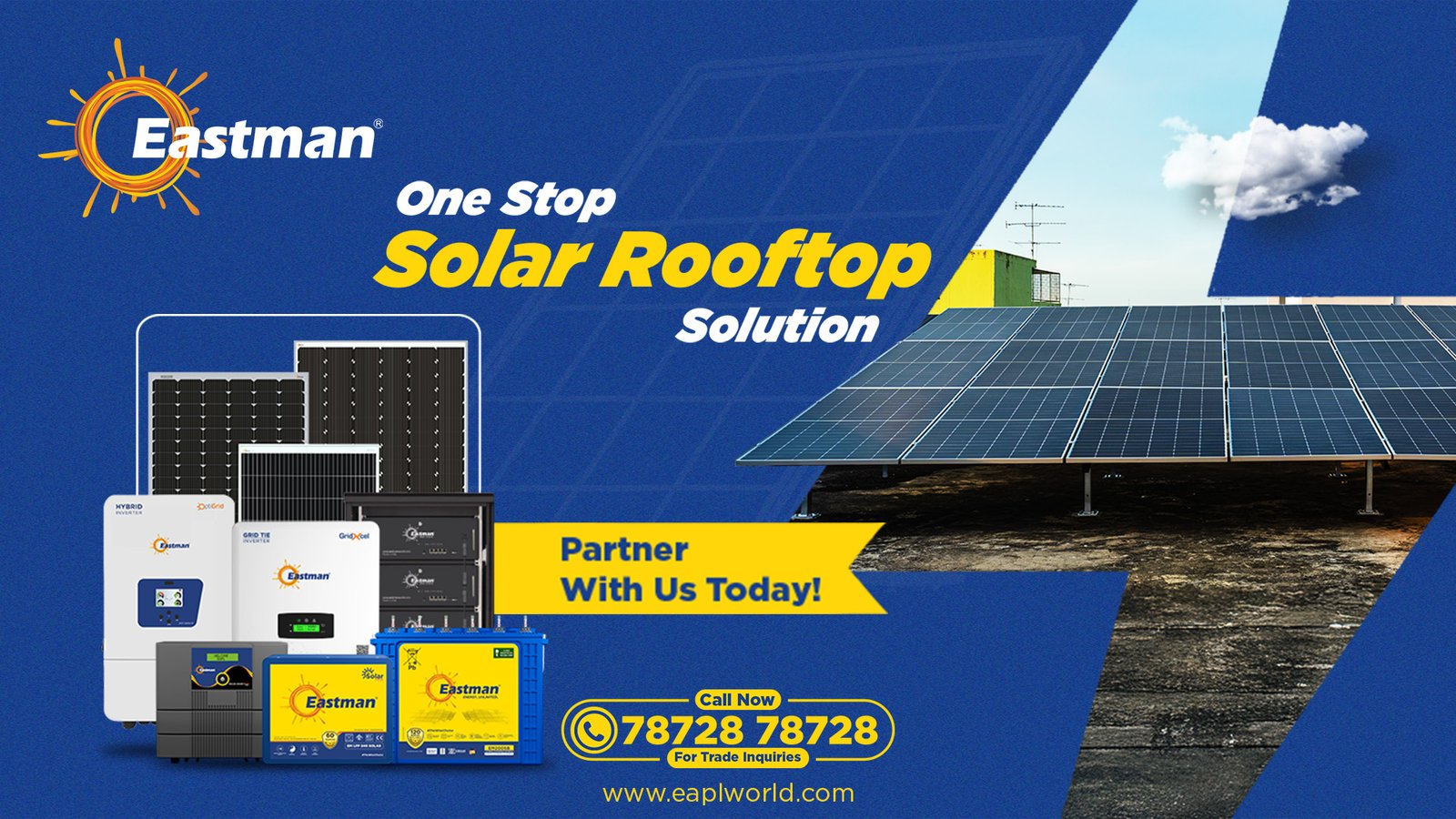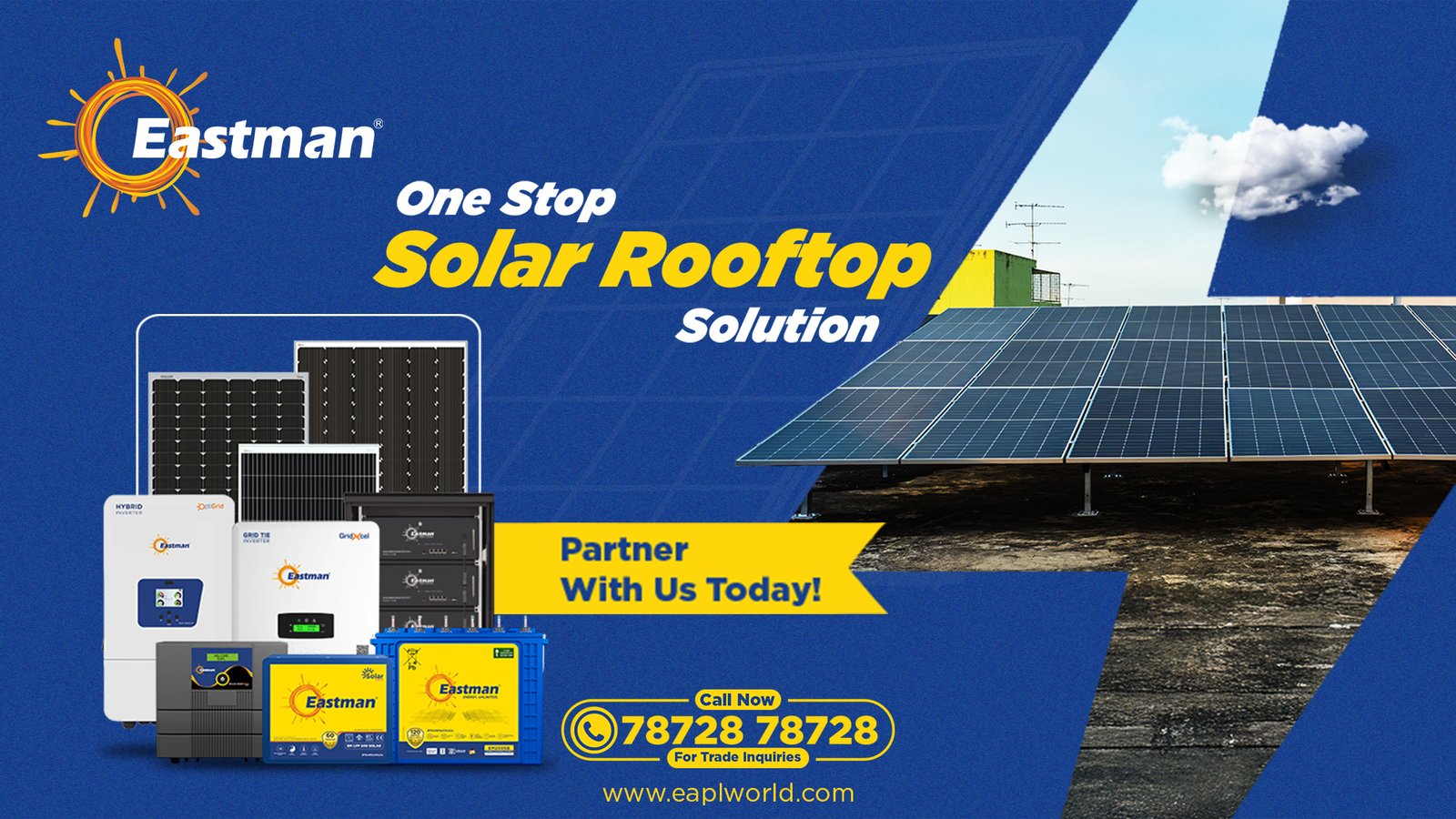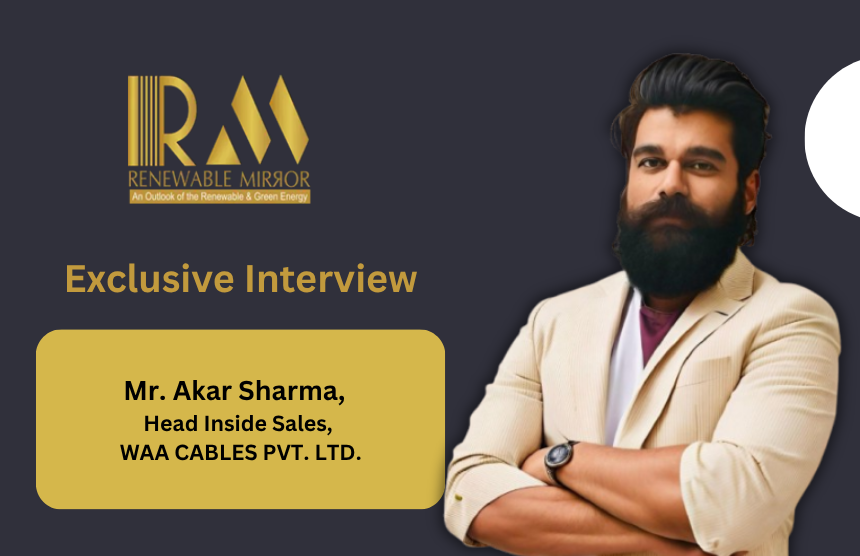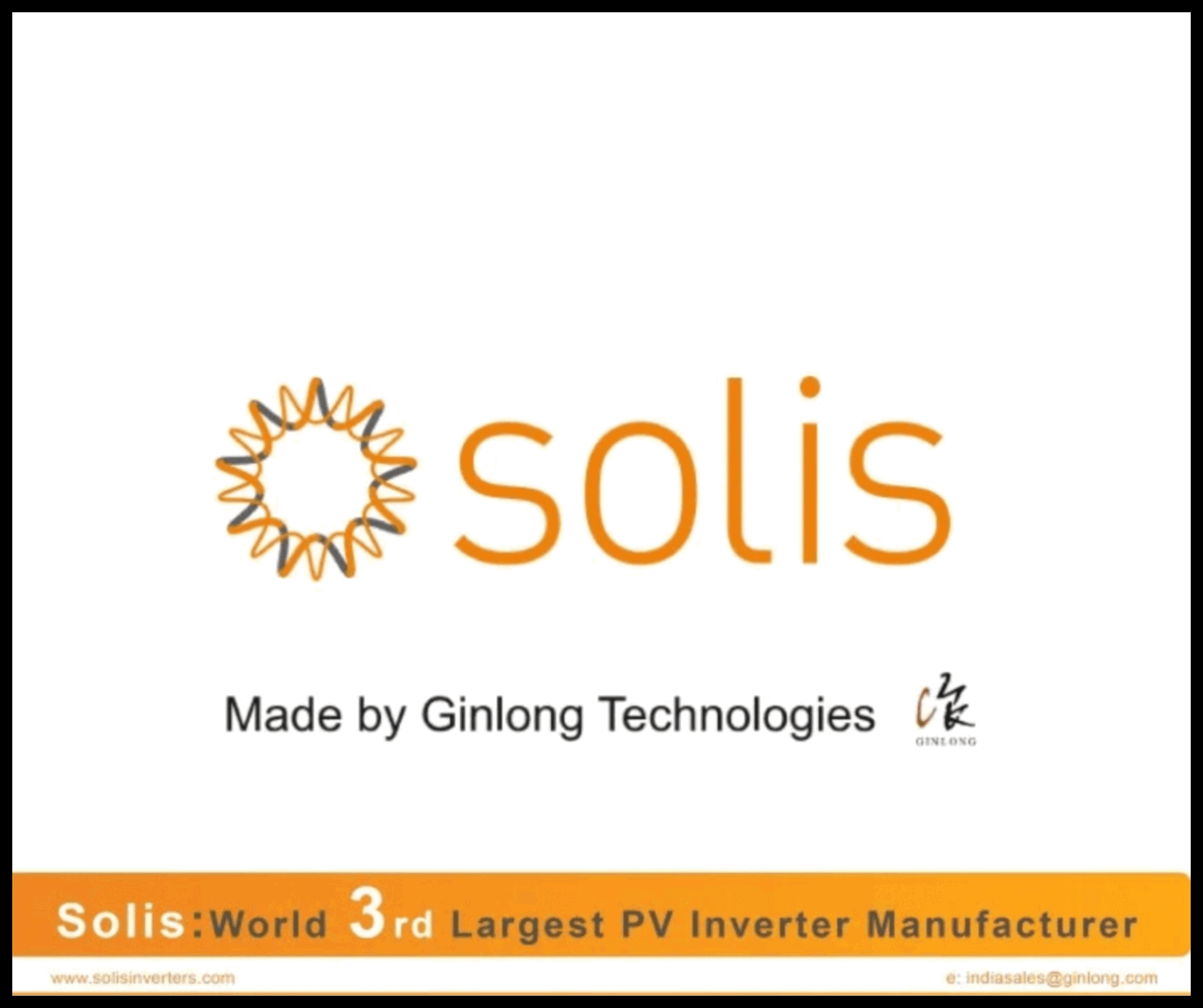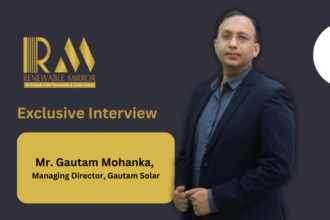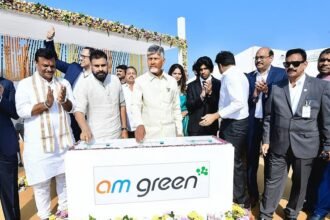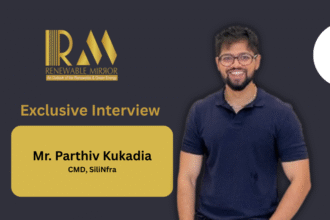Q1: Given the company’s long-standing involvement in the energy sector, could you elaborate on its transition into the renewable energy space and the key milestones along the way?
WAACAB, established in 2019 in Gandhinagar, has quickly positioned itself as a trusted partner in India’s renewable energy journey. From the outset, we focused on solar and power infrastructure solutions, offering TÜV, IEC, and EN-50618 certified solar DC cables, armoured and unarmoured cables, as well as flexible and earthing wires built for long-term performance. Securing approvals from leading bodies such as NTPC, NVVN, SJVN, NHPC, and TREDA reflects the confidence in our quality and reliability. Today, we are expanding beyond solar into EV cables and advanced energy infrastructure, while continuing to invest in innovation and sustainability to power India’s clean energy transition.
Q2: How does your product range specifically support the unique demands and challenges of renewable energy systems?
Renewable energy projects demand infrastructure that can endure challenging conditions — from extreme heat in solar fields to long-term outdoor exposure. Our solar cables are designed with UV and weather resistance, ensuring durability, safety, and
extended service life. Beyond generation, our grid cabling is engineered to support energy storage and transmission, enabling stable, efficient, and reliable power delivery for large-scale renewable systems.
Q3: What are the key challenges with cabling and electrical infrastructure in renewable energy, and how do these affect
performance, scalability, and sustainability?
The key challenges in cabling and electrical infrastructure for renewable energy include durability under harsh weather conditions, efficiency losses over long transmission distances, and the need for scalability to support growing renewable capacity. If these challenges are not addressed, they can lead to higher maintenance costs, reduced system performance, and limitations on expansion. Our approach focuses on the use of advanced materials, optimized conductor designs, and sustainable production practices, which together ensure higher energy efficiency, longer life cycles, and a lower total cost of ownership.
Q4: How do you foresee the renewable energy market evolving in the coming years, and what steps is your company taking to adapt to these anticipated changes?
We foresee the renewable energy market evolving rapidly, driven by decentralized energy systems, hybrid solutions, and smart
grids, with an increasing focus on sustainability across the entire supply chain. To stay ahead, we are focusing on advanced cabling technologies and efficient deployment strategies while strengthening eco-friendly, low-carbon production practices. Additionally, we are expanding our presence in global renewable hubs, collaborating with EPCs and technology partners, and upskilling our teams to support digital and smart energy networks, ensuring our solutions remain future-ready, scalable, and sustainable.
Q5: In what way will the company’s participation in REI 2025 highlight its contribution to advancing the renewable energy transition in India?
At REI 2025, we aim to showcase not only our products but also our contribution to India’s clean energy transition. We will highlight innovations that enhance efficiency, minimize environmental impact, and support the scalability of large-scale solar and storage projects. Our participation will also underscore the value of partnerships, demonstrating how we collaborate with developers, EPCs, and policymakers to accelerate the adoption of renewable energy across the country.
Q6: How is your company actively contributing to the global efforts to mitigate climate change through its products, services, and overall business practices?
Sustainability is at the core of our operations and offerings. We design products that minimize energy losses, extend asset life, and reduce the carbon footprint of infrastructure projects. Internally, we are advancing greener manufacturing through waste reduction, circular economy initiatives, and the adoption of renewable energy in our facilities. By enabling renewable generation and efficient power transmission worldwide, we actively contribute to global climate action and support the achievement of sustainability targets.
Q7: How can renewable energy companies collaborate with your company to accelerate the global and domestic adoption of
sustainable energy solutions?
We believe collaboration is essential to accelerating the adoption of renewable energy. By partnering with us, companies gain access to proven technologies, tailored engineering support, and a reliable supply chain. We work closely


